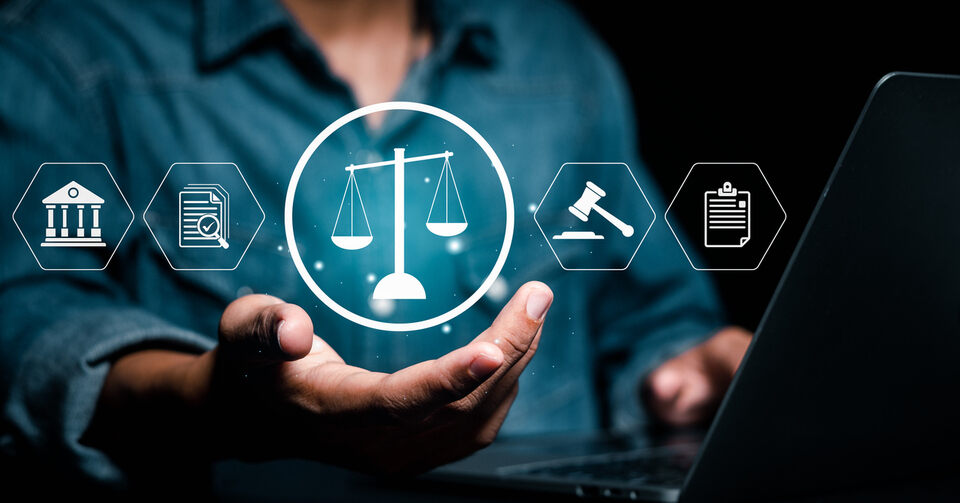
It’s Official: Connecticut Isn’t Playing Around
Connecticut has just become the second U.S. state to ban online sweepstakes casinos, and they’re not tiptoeing around it.
Governor Ned Lamont signed Senate Bill 1235 into law on June 12, following unanimous votes in both the state House (146–0) and Senate (36–0). From October 1, 2025, running or promoting sweepstakes casinos like Chumba, LuckyLand, McLuck, or Global Poker won’t just raise eyebrows—it’ll be a felony.
Here’s What the Law Actually Bans
SB1235 doesn’t dance around the issue, it takes direct aim at the engine behind sweepstakes casinos. The law sets a clear boundary between legitimate promotional games and what the state sees as disguised gambling.
Here’s what it targets:
- Simulated gambling devices – That means any digital slot machine, blackjack clone, or poker interface that mimics a real casino game.
- “Free-to-play” disguises – Platforms that offer casino-style games or sports betting under the banner of sweepstakes are now firmly on the state’s radars, especially if they use dual-currency systems like “Gold Coins” and “Sweeps Cash.”
- Unlicensed operators – If you’re not officially licensed by Connecticut to offer gambling, you can’t offer these games, period.
- Property seizures – Any software, hardware, or premises used to run an illegal sweepstakes operation can now be labeled a “common nuisance” and seized by authorities.
But the law does allow for one narrow exception: big grocery chains (with five or more locations) can still run in-store sweepstakes tied to retail promotions, so long as the rewards are store discounts, not cash or prizes.
Break the Rules, Pay the Price
Connecticut isn’t just outlawing sweepstakes casinos, it’s attaching real consequences to anyone who crosses the line. Under SB1235, violations are classified as a Class D felony, and the penalties pack a serious punch.
Operators caught running or promoting unlicensed sweepstakes casinos could face up to five years in prison and $5,000 in fines.
And it doesn’t stop there. The state can also seize any devices, platforms, or property used to facilitate the illegal activity. That includes software, servers, and even marketing tools.
So if you’re an operator thinking of exploiting the “virtual coin” loophole? You’ve got about three months to reconsider.
Industry Not Happy: SPGA Fires Back
The Social and Promotional Games Association (SPGA), a trade group representing major sweepstakes platforms like Fliff, High 5 Casino, and McLuck, didn’t mince words in its response.
In a sharp statement, the SPGA called the new law “unfair and unnecessary,” claiming it:
- Blurs the line between legal sweepstakes and illegal gambling
- Threatens innovation in the digital gaming space
- Punishes compliant platforms that offer free-to-play games with no real-money betting
“Instead of working with us,” the group said, “Connecticut chose to shut us out—and that’s going to hurt innovation and limit choice for consumers.”
The SPGA argues that legitimate sweepstakes casinos operate under well-established legal frameworks. By lumping them in with unlicensed gambling, they say the state is overreaching, and pushing out platforms that were playing by the rules.
Connecticut Is Just the Latest to Crack Down
Connecticut is not alone in this. The walls are closing in nationwide:
- Montana was the first to ban sweepstakes casinos entirely
- New York just advanced a similar bill
- Louisiana almost passed one—until Gov. Landry vetoed it
- Nevada, Ohio, and New Jersey are watching closely
What was once a clever workaround, is now a flashing red flag for regulators and everybody is catching on.
What’s Next for Players and Platforms
If you’re in Connecticut and still logging into sweepstakes sites, the countdown has officially started. Here’s what’s likely coming your way before the October 1 enforcement date:
- Geo-blocks and shutdowns from major names like Chumba, LuckyLand, and McLuck as they exit the market to avoid criminal risk
- Account closures, cash-out deadlines, and disappearing games as platforms scramble to comply
- No last-minute loopholes, this law doesn’t leave much room for clever workarounds
But even as sweepstakes casinos prepare to pull the plug, SB1235 is just one piece of a bigger gambling movement. The bill also expands legal betting to MMA, boxing, and in-state college sports, while opening the door for future debates around interstate online poker.
So while this chapter may be closing, the broader story of digital gambling in Connecticut is still being written.
